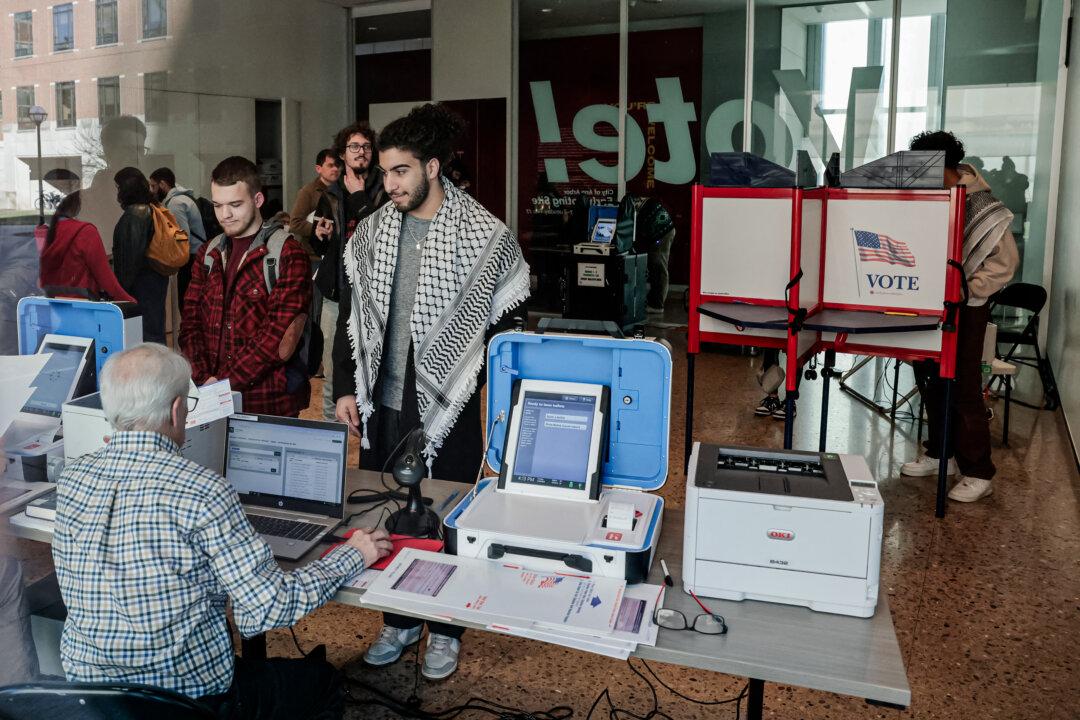Four Macomb County, Michigan, voters have been indicted for allegedly voting twice in the Aug. 6 primary, and three assistant clerks have been charged for knowingly letting it happen and then covering it up by allegedly altering election records.
The four voters, from the city of St. Clair Shores, a Detroit suburb, are accused of voting by absentee ballot and then voting again in person on Election Day.





